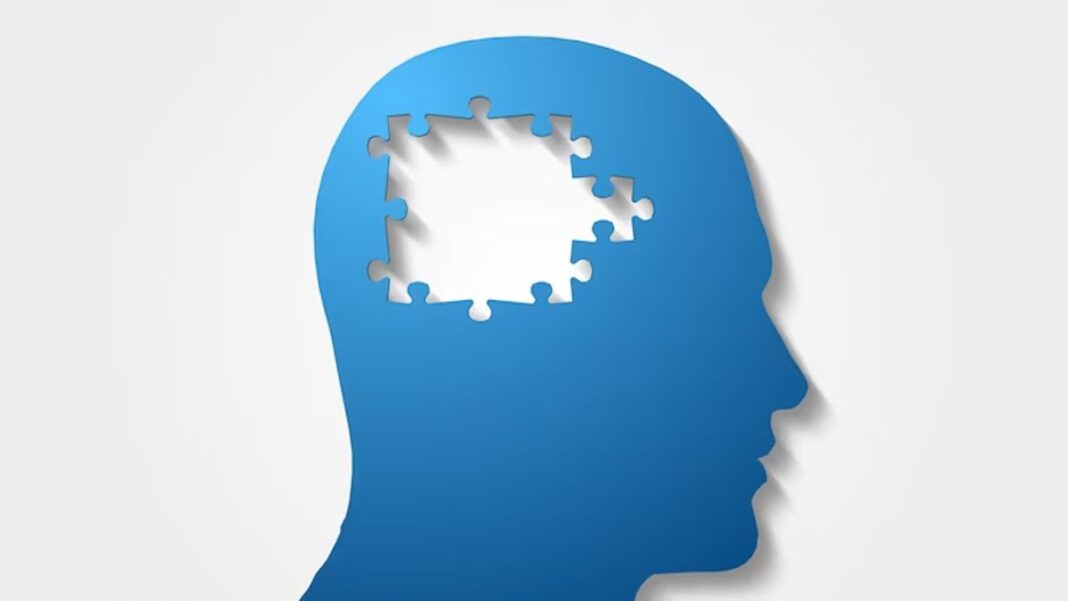
The most prominent drugs are anticholinergic drugs, though the link extends to antidepressants and heartburn drugs.
It is well-known that dementia is often a result of aging. However, sometimes it can be caused by medications.
Drug-induced dementia, the late neurologist and neurosurgeon K.K. Jain wrote, is a type of reversible dementia different from common neurodegenerative disorders.
Several drugs increase the risks of dementia, the most prominent being anticholinergic drugs, anti-epileptics, oncology drugs, and sedative-hypnotic drugs. These are all common prescriptions for older people.
In recent years, antidepressants have also been linked with dementia risks.
The Link Between Dementia and Common Drugs
Psychiatrist Dr. Peter Breggin, who has published several books on psychopharmacology, told The Epoch Times that most drugs on the market have some degree of neurotoxicity, which can lead to cognitive and neurological side effects.
Not everyone will be affected by a drug’s neurotoxic effects, though older people and those with brain deficits are more vulnerable.
With illnesses that surface in old age and the pills prescribed to treat each symptom, older people also tend to be the most likely cohort to be prescribed drugs that damage their cognition.
For example, many drugs prescribed to treat Parkinson’s disease are linked with dementia risks since they block acetylcholine in the brain as a way of preventing tremors and sudden movements in patients. Acetylcholine is a neurotransmitter that also facilitates cognitive function.
Proton pump inhibitors, often prescribed to treat heartburn, have also been shown in studies to increase people’s risks of dementia by 44 percent.
Within the literature, the most well-known class of drugs that can induce dementia are anticholinergic drugs.
Anticholinergics block the release of acetylcholine. As early as 1977, experiments using the anticholinergic drug scopolamine showed that 40 minutes after drug administration, young medical volunteers in their 20s manifested dementia-like symptoms and had a harder time recalling things they had just learned.
Anticholinergic drugs block autonomic muscle movements and various bodily functions and are often prescribed for cramping and spasms in various organs. They also function as a sedative.
By Marina Zhang








